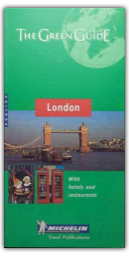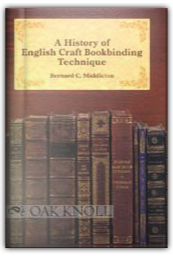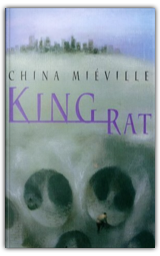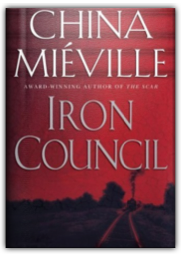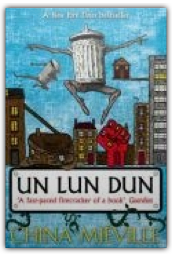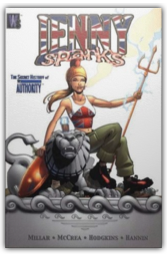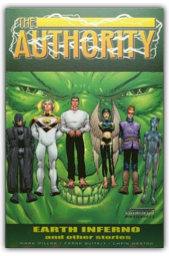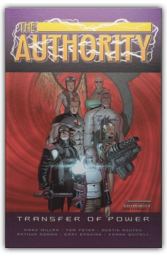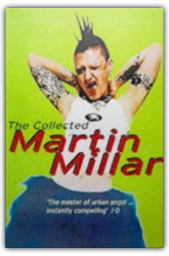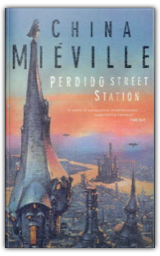 Perdido Street Station
China Miéville
Perdido Street Station
China Miéville
Like the author's 1998 debut book King Rat, this is an urban-gothic novel full of rich city squalor—but this time the setting isn't London but the grimy fantasy metropolis of New Crobuzon. The city sprawls like a mutant Gormenghast, contains strange ethnic minorities such as the khepris (women with huge scarab-beetles for heads), and seethes with seedy technology and thaumaturgy. There are Babbage engines, coke-powered robot "constructs", and an underclass of biomagically "Remade" victims of cruel justice who may be part-machine, part-animal or wholly nightmarish. A visiting garuda—a winged being now stripped of his wings—approaches the overweight, eccentric amateur scientist Isaac Dan der Grimnebulin in hope of buying back the power of flight, and the resulting research programme has accidental but monstrous consequences. Something appalling is loosed, a horror whose deadliness is underlined when New Crobuzon's corrupt government begs help from the Ambassador of Hell ... who refuses, because even the demons are frightened. Dealing with the flying terror becomes a job for Grimnebulin and a much-harried group of cronies—including his khepri lover, the garuda, a reporter for a brutally suppressed subversive newspaper, the group mind of New Crobuzon's constructs, a secret traitor, and one of the strangest giant spiders in fiction. A big, powerful, inventive, mesmerising and memorably horrid novel. —David Langford 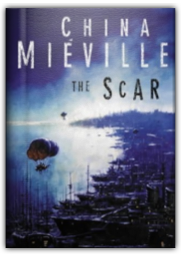 The Scar
China Miéville
The Scar
China Miéville
The question was always: what would he do for an encore? China Mieville's third novel The Scar is set in the same world as his award-winning Perdido Street Station but is a very different book, set in a very different city. Where his New Crobuzon was an old metropolis of cruelty, oppression and glamour, the floating freebooter city Armada is a place of refuge even for those who experience it as a prison. Brilliant linguist Bellis Coldwine is on the run when she is press-ganged by pirates who turn out to be rather more; her abilities make her a valuable commodity and she finds herself intermittently useful to a project so ambitious that it takes her much of the book to comprehend fully. Mieville takes interesting chances by making Bellis his protagonist—she has an arrogant selfishness that at times makes one breathless—but her guts, determination and intermittent realism about herself gradually endear her to us. This is an intelligent book about how individuals and events influence each other and the meaning of freedom. Mieville has a sense of the sea as the place of a menace almost incomprehensibly huge; like Perdido Street Station, The Scar is full of breath-taking moments of wonder which are also moments of heart-stopping terror. —Roz Kaveney 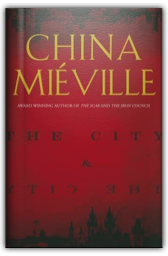 The City and the City
China Miéville
The City and the City
China Miéville
Certain writers absolutely defy categorisation – and China Miéville is most definitely of that rarefied company. His prose is exhilarating, poetic, coruscating with ideas and atmosphere – and it has enhanced a body of work that has almost no parallels in modern writing. Heretofore, if Miéville has brushed shoulders with any identifiable genres, they are those of fantasy and science fiction – which makes his remarkable new book, The City and The City, such a surprise. The author’s publishers compare this novel to Philip K Dick, Raymond Chandler and 1984 – which at least gives a series of corollaries for this book, however tentative. There are elements here of the crime thriller, but very much refracted through Miéville’s highly individual imagination. |
 Made with Delicious Library
Made with Delicious Library
London, State zipflap congrotus delicious library Scott, Mike
